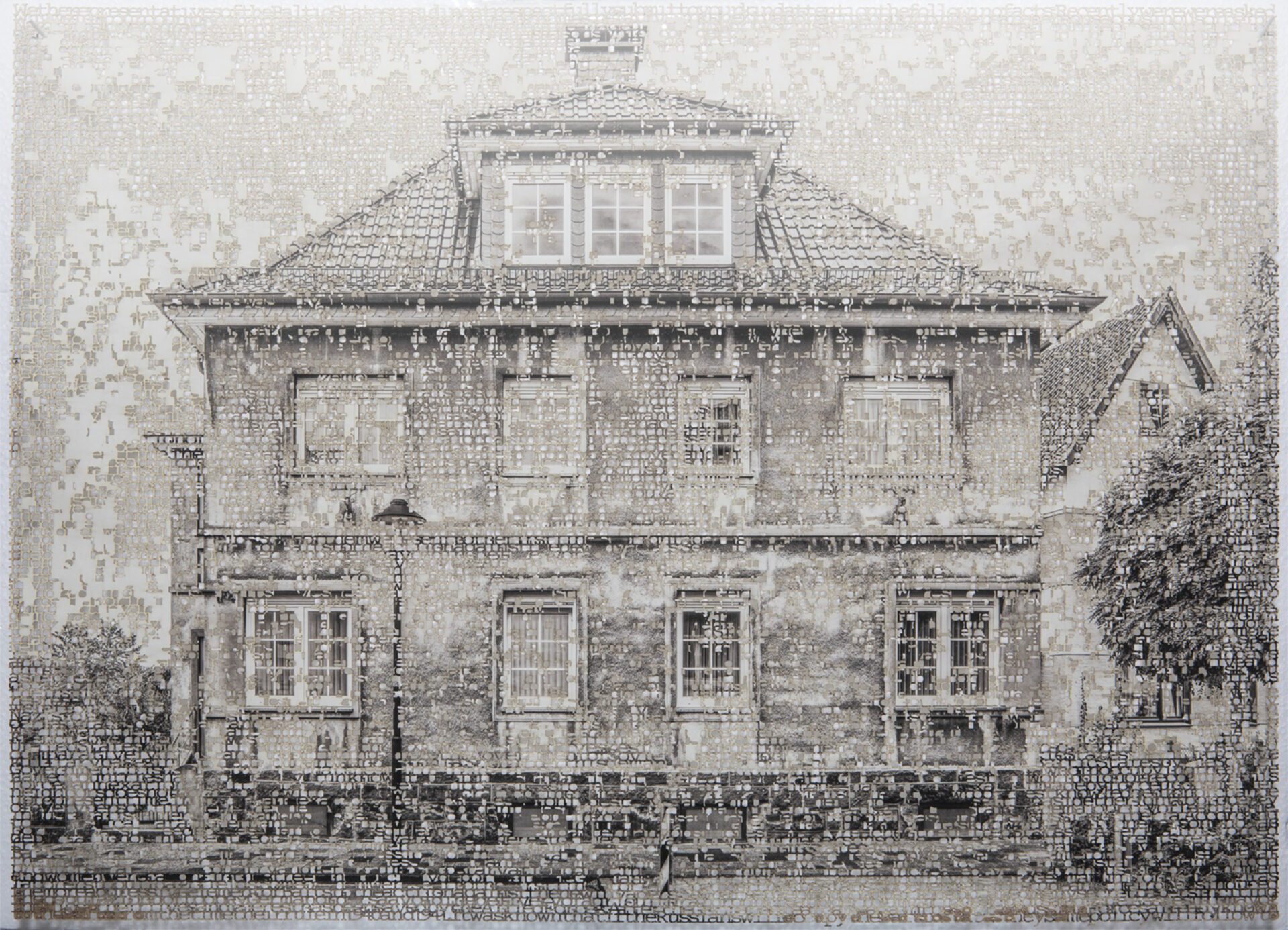Ideas of home and dislocation have always been compelling to me as the child of parents who arrived in the United States as refugees. Born in Latvia and Lithuania, my parents spent many years after the end of the Second World War in displaced-persons camps in Germany before they were allowed to emigrate to the United States. My family’s displacement is part of a long history of uprooted peoples for whom the idea of “home” is contingent, in flux, without permanent definition and undermined by political agendas beyond their control. Perhaps as a result, I am fascinated by the language of spatial relationships and by the impact of architectural form and structure on the psychology of the human environment.
Photography also plays a key role in this history of displacement: photographs were among the few possessions my family was able to take with them when they fled the Russian occupation. Photographs documented a home and a country that most Baltic refugees, including my parents, thought they would never see again. I was raised on these visual memories, and the accompanying stories of a “homeland” that remained distant and inaccessible — until the unimaginable happened in 1991, when the Baltic states regained their freedom.
Complicated by this family history, my definition of home constantly oscillates between past and present. “Migrator” began with photographs I took in the three locations I have called home in the past eight years: the New York metro area, rural Pennsylvania, and Chicago. Each image is a visual sketch of the genius loci of the landscape at a particular moment in my history. Images are printed on dibond and CNC routed and reassembled in sets of three. I constructed sculptural planes in wood at various heights and angles thereby creating hybrid structures that reinterpret and reinvent architecture, disrupting space, light, and direction. “Migrator” turns an analytical gaze on the architecture of my past and present while offering a personal reflection on the nature of home.






















